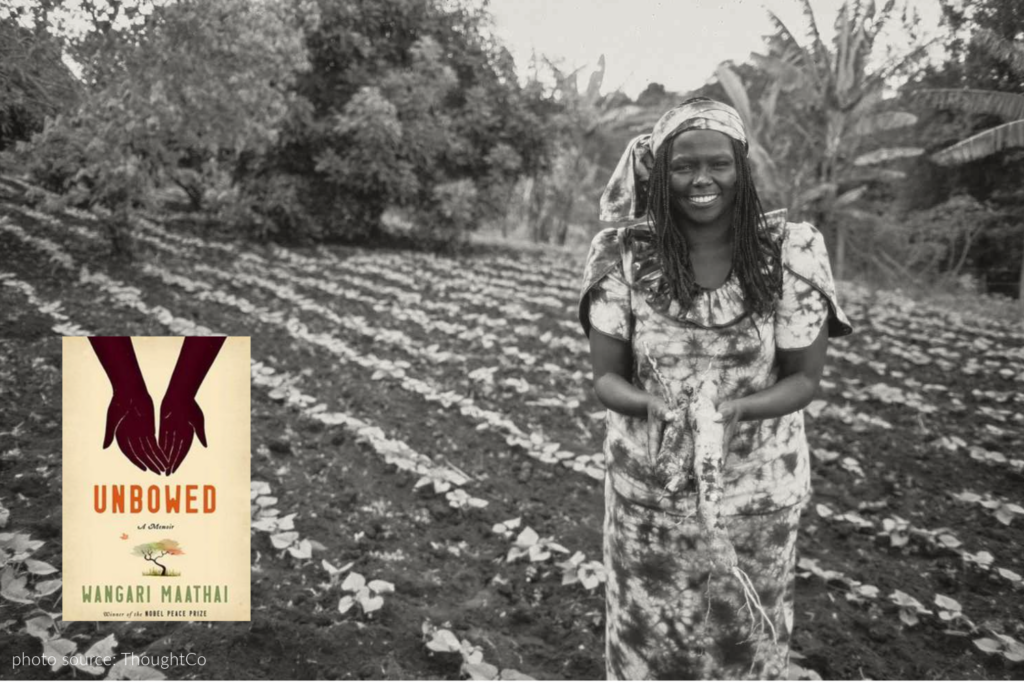“Too educated, too strong, too successful, too stubborn and too hard to control”
These were words used by those in power to describe Wangari in the 1970s and 1980s.
Dr. Wangari Muta Maathai was an eco-feminist, civil rights activist, writer, and environmental warrior who started the global Green Belt Movement (GBM) in Kenya. I had the privilege of growing up in Kenya, and listening to Wangari speak truth to power during my teenage years. She was a real light in my life and I followed her work with a thirst.
The GBM operated in regions across Kenya have planted more than 52 million trees since the 1970’s, educated women about the links between ecology and human flourishing, trained rural women to become conservationists and supported communities to use sustainable farming practices.
Through her work, Wangari emphasized that the environment is an everyday issue and is intrinsically tied to the lives of rural women. Women rely on farming and forests to feed their families, source medicinal plants for healing, gather firewood and collect water to support their communities. Wangari rekindled indigenous wisdom about trees, and used storytelling to recreate links between deforestation, soil erosion, loss of natural resources, conflicts, and the value of conservation.
As the first woman in East and Central Africa to earn a doctorate degree and teach at University of Nairobi, Wangari often challenged the status quo and paid a heavy personal price for her activism. She was beaten and jailed several times for her political activism against a “new colonization” of illegal logging and the sale of indigenous land and natural resources for profit. At a time when I was surrounded by patriarchal messages that told me to conform, Wangari’s voice called on women to not deny their talents or submit to patriarchy.
Wangari Muta Maathai’s memoir is called “Unbowed” and it outlines the intersection of power, gender and tribalism in the fight for women’s rights and a national environmental agenda. Her heroic actions are a clarion call to all feminists who wish to make good trouble and bring about sustained change by the people for the people. Essential reading for rebels and warriors everywhere!
When she died in 2011, I felt a huge debt of gratitude for her political actions. She meant so much to so many of us.


